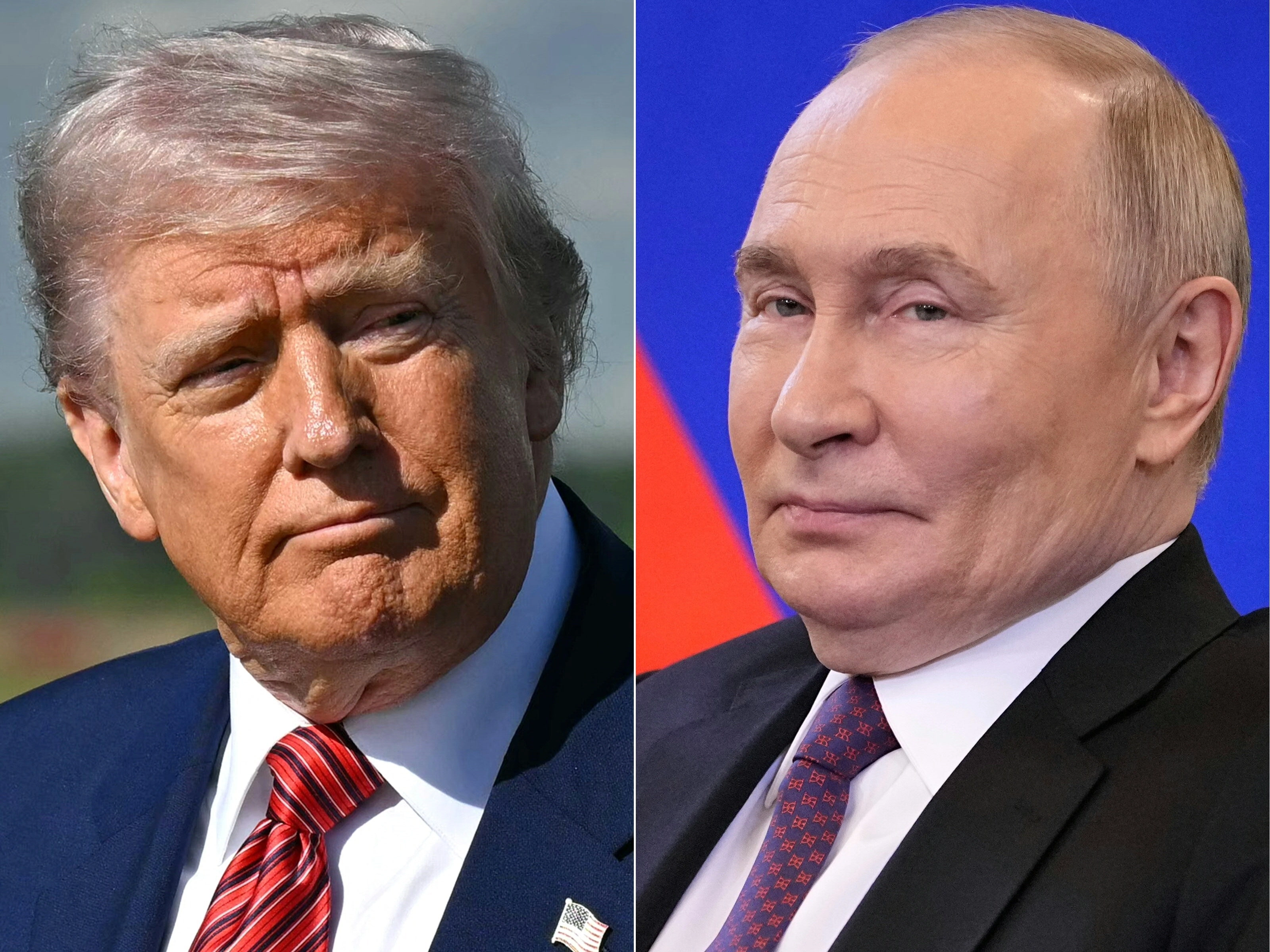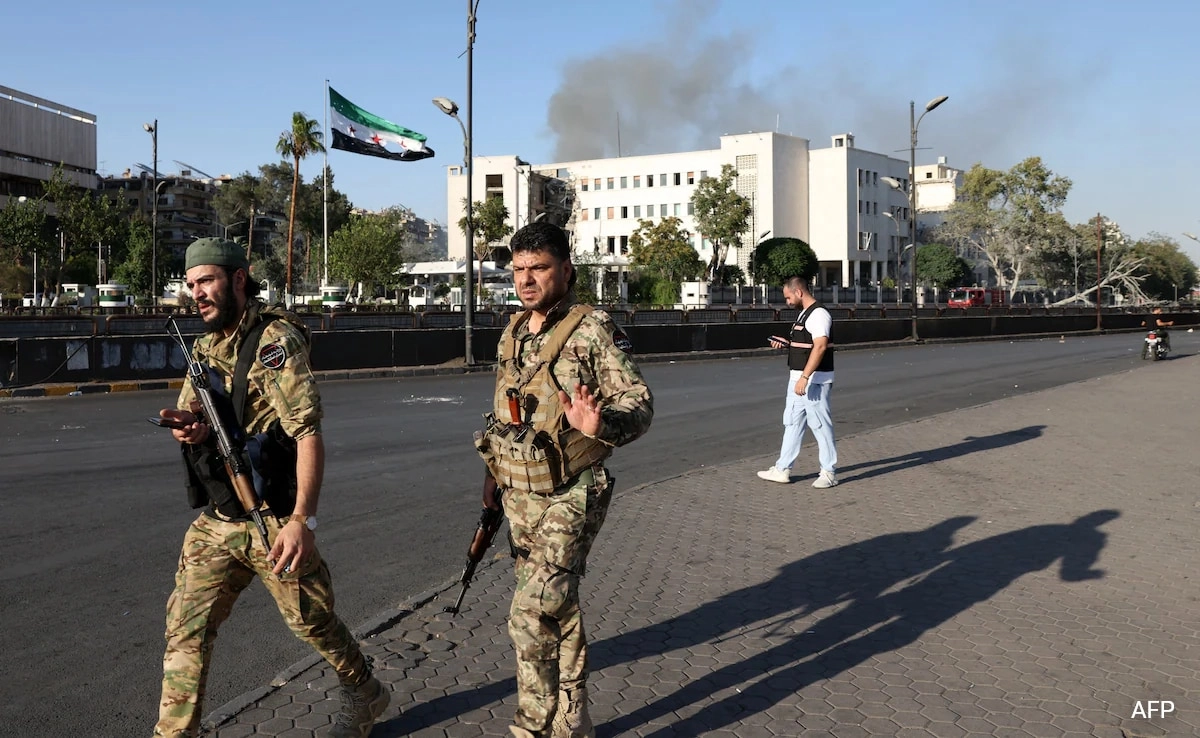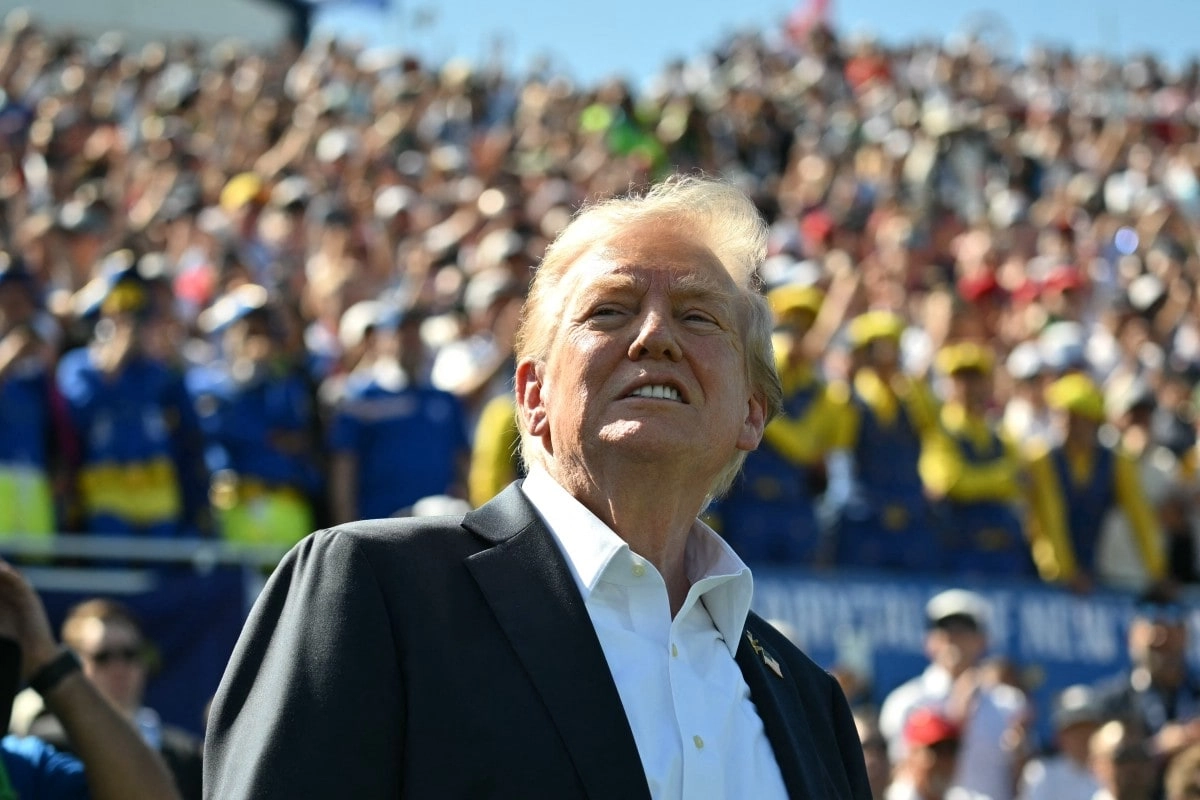In 2016, the U.S. intelligence community conducted a thorough assessment that concluded Russian President Vladimir Putin had a clear preference for Donald Trump in the presidential election. This evaluation, supported by the Central Intelligence Agency (CIA), highlighted that Russia’s interference in the electoral process was aimed at undermining Hillary Clinton’s campaign, which they viewed as a threat to their interests. The report indicated that the Kremlin believed Trump would foster a more favorable relationship between the two nations, potentially easing sanctions and altering U.S. policies in ways that aligned with Russia’s strategic goals.
The CIA’s backing of this assessment underscores the agency’s commitment to providing an accurate and unbiased evaluation of foreign interference in American democracy. Analysts noted that Russia employed a multifaceted approach, leveraging social media campaigns and hacking operations to influence public opinion and sow discord among the electorate. The intelligence community’s findings were not merely speculative; they were based on a combination of intercepted communications, cyber intelligence, and insights into the Kremlin’s strategic objectives. This comprehensive evaluation would later become a cornerstone of discussions surrounding election integrity and foreign intervention in the United States.
As the implications of this assessment unfolded, it fueled ongoing debates about the integrity of the electoral process and raised significant questions about the relationship between the United States and Russia. Critics of the Trump administration frequently pointed to these findings as evidence of collusion, while supporters often dismissed the intelligence as politically motivated. The CIA’s confirmation of Putin’s preference for Trump added another layer of complexity to an already contentious political landscape, leading to investigations and inquiries that would dominate headlines for years to come.
In summary, the 2016 CIA assessment serves as a pivotal moment in understanding the intersection of foreign influence and domestic politics. It highlights the vulnerability of democratic systems to external manipulation and the critical need for vigilance in safeguarding electoral integrity. As the U.S. continues to grapple with the repercussions of these revelations, the dialogue surrounding election security and foreign interference remains as relevant as ever. The findings not only reflect the past but also serve as a cautionary tale for future elections, emphasizing the importance of a robust and informed electorate in the face of potential external threats.




